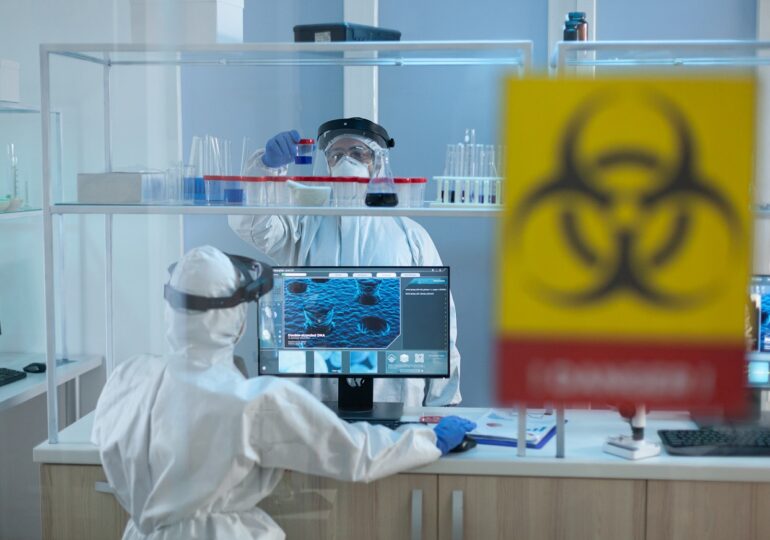Two new cases of the Clade 1b mpox strain have been detected in the United Kingdom, authorities have announced.
Last week, the UK Health Security Agency (UKHSA) declared that a single case of the Clade 1b variant of the mpox virus (Monkeypox) had been confirmed in London.
The agency has now announced two additional cases among the contacts of the first case, as reported by Sky News, cited by Mediafax.
These two patients are under specialized care at Guy's and St Thomas' NHS Foundation Trust in London.
"The risk to the UK population remains low," UKHSA stated.
The first case detected in London last week was an individual who had been on vacation in Africa. This person developed flu-like symptoms more than 24 hours after returning to the UK and subsequently a skin rash that worsened in the following days.
The contacts of all three cases are being monitored and will be offered testing and vaccination as appropriate, the agency conveyed.
How the infection occurs
Monkeypox can spread through close contact with an infected person. The virus can enter the body through skin lesions, the respiratory tract, or through the eyes, nose, and mouth.
According to the Centers for Disease Control and Prevention (CDC) in the USA, transmission can occur through respiratory droplets, and since these particles travel short distances in the air, "prolonged face-to-face contact" is needed for the virus to pass from one person to another. Healthcare and social workers caring for infected individuals are at higher risk of infection, warns the World Health Organization.
What are the symptoms
According to the CDC, monkeypox has an incubation period of seven to 14 days, followed by the onset of initial symptoms.
Initial manifestations include fever, headache, swollen lymph nodes, back pain, chills, muscle aches, and fatigue. Fever is often followed by skin rashes, often on the face, spreading to other areas of the body, most commonly on the palms and soles.
The rashes can cause unbearable itching or may be painful and undergo several changes before turning into crusts that peel off the skin. The lesions can cause scarring.
According to the World Health Organization, infections usually resolve on their own and last between 14 and 21 days.

